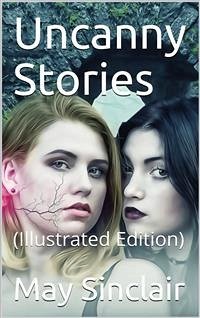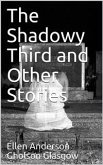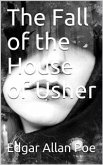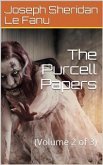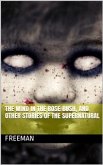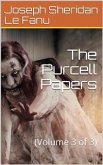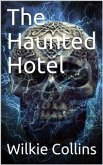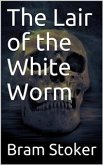If you like your ghost stories slightly more subtle with a modernist edge then these may be for you. The introduction suggests that Sinclair combines the nineteenth century ghost story tradition with insights from Freud and Einstein. The concept of the uncanny is developed by Freud as meaning familiar but somehow incongruous with an element of cognitive dissonance. There is a good deal of intelligence in the twists and turns and not all the stories are about ghosts. A couple are about a rather unexpected afterlife and one is about a telepath who is confronted by the nature of mental illness. The stories are unexpected. A servant murders his master. The master returns as a ghost, for revenge you would expect; but no, very much no; it’s much more complex than that. Sinclair’s ghosts want explanation, understanding, acknowledgement and even emotional maturity. The Intercessor is straight from Emily Bronte and is an exploration of child abuse and neglect and provokes a good deal of thought. There is a feminist twist as would be expected and “The Flaw in the Crystal” is an important work, examining the relationship between men and women in the context of the traditions of Eve and Mary, so influential in western thought about the role of women and is suggestive of a different way of perceiving and working out these processing against the backdrop of evolutionary thought. These stories feel like a reinterpretation and moving on from Victorian Gothic and ghost stories to a more modern/modernist form. If you are looking for shocks, gore and horror these are not the place to find them. Sinclair’s stories are more psychological and subtle, but not the less chilling for that. "Where their Fire is not Quenched" is a highly unsettling and creepy story about an adulterous couple who are damned to continue their loathsome, loveless relationship for all eternity. "The Token" is a ghost story about a wife who died with an important question in her life unanswered. She revisits her husband's study in search for the answer to the mystery she had never solved while alive. "The Flaw in the Crystal" is about a female telepath who quietly uses her powers to cure other people of depression and instability. She’s horrified to discover that the suicidal madness of one of her patients is leaking into her own mind. "The Nature of the Evidence" is a ghost story about a first wife who returns to this world when her husband remarries to protest her disapproval of his choice of second wife and prevent the two of them ever sharing a bed. "If the Dead Knew" is a story filled with tension revolves around a mother-son relationship. The son wants the mother to die and then he gets his wish. "The Victim" is a story wherein a servant murders his master and then becomes increasingly tormented by the murdered man’s spectre. "The Finding of the Absolute" is the story of an amateur philosopher exploring the afterlife, a possible heaven seen though the scientific explanations. "The Intercessor" tells the story of a haunting by a little girl's ghost.
Bitte wählen Sie Ihr Anliegen aus.
Rechnungen
Retourenschein anfordern
Bestellstatus
Storno

